Johan Pilestedt’s Confession: Why a Sequel to Helldivers’ Predecessor “Scares” Him
Popular Now
 Black Myth: Wukong
Black Myth: Wukong
 Genshin Impact
Genshin Impact
 Fall Guys
Fall Guys
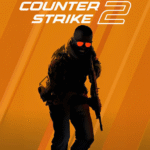 Counter-Strike 2
Counter-Strike 2
 FIFA 23
FIFA 23
 PUBG Mobile
PUBG Mobile
 Minecraft
Minecraft
 Stumble Guys
Stumble Guys
 EA SPORT FC 25
EA SPORT FC 25
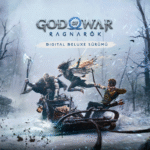 God of War Ragnarök
God of War Ragnarök 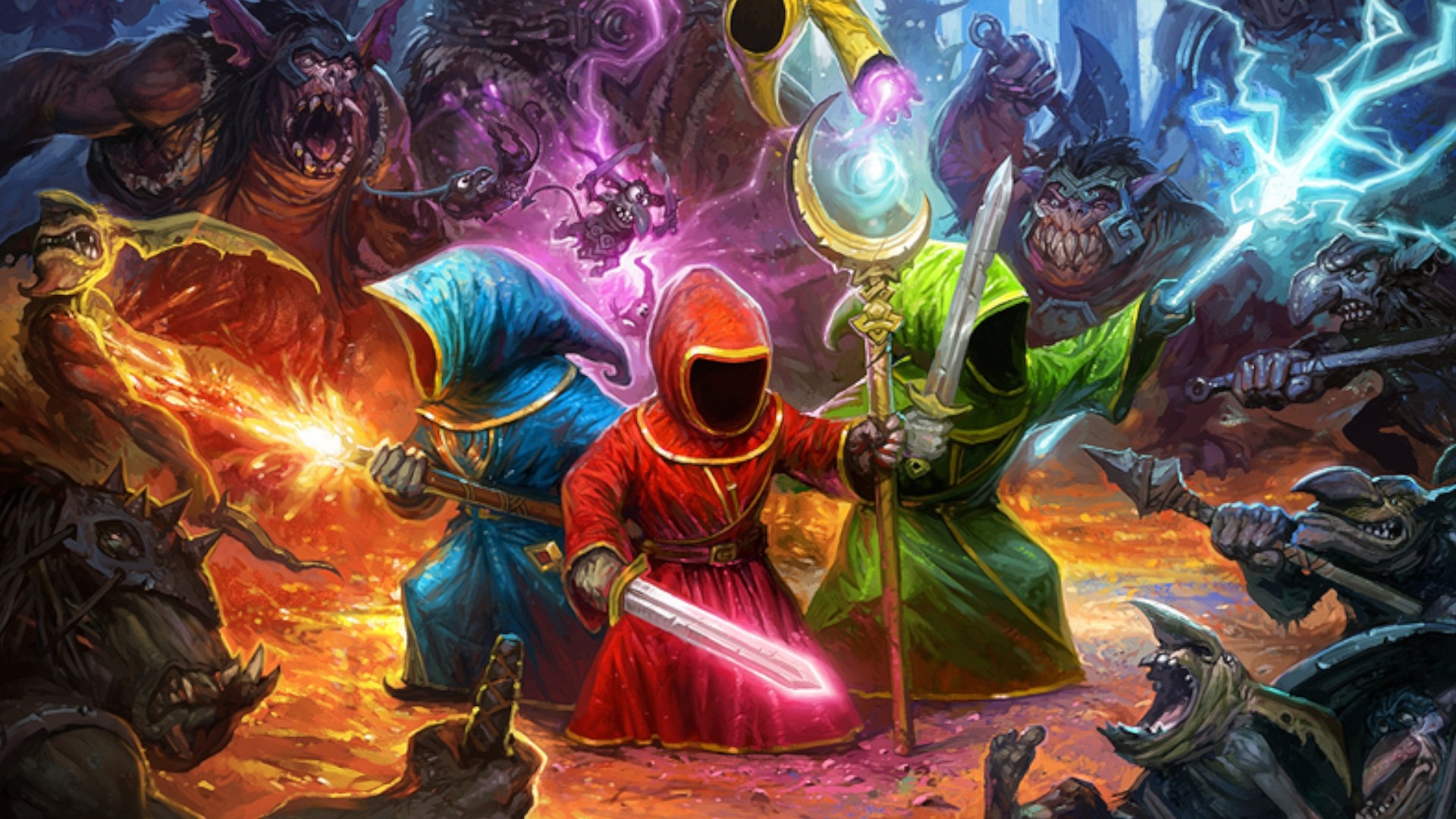 In a recent and candid social media exchange, Helldivers 2 creative director and Arrowhead Game Studios CCO, Johan Pilestedt, has opened up about the prospect of returning to one of the studio’s most beloved titles, the chaotic co-op game Magicka. While fans of the genre-bending wizard simulator have long clamored for a sequel, Pilestedt’s response was as surprising as it was honest: he “wishes he could” make a follow-up, but the idea “scares” him. This sentiment, coming from a creative leader whose latest project, Helldivers 2, has become a global sensation, offers a fascinating glimpse into the personal and professional challenges of following up on a landmark success.
In a recent and candid social media exchange, Helldivers 2 creative director and Arrowhead Game Studios CCO, Johan Pilestedt, has opened up about the prospect of returning to one of the studio’s most beloved titles, the chaotic co-op game Magicka. While fans of the genre-bending wizard simulator have long clamored for a sequel, Pilestedt’s response was as surprising as it was honest: he “wishes he could” make a follow-up, but the idea “scares” him. This sentiment, coming from a creative leader whose latest project, Helldivers 2, has become a global sensation, offers a fascinating glimpse into the personal and professional challenges of following up on a landmark success.
The original Magicka, a top-down action-adventure game, was a landmark release for the studio. Its core mechanic—the ability to combine eight different magical elements to create a dazzling array of spells—was a chaotic and unique experience that fostered both incredible teamwork and hilarious friendly fire. The game’s distinct humor and innovative gameplay were a perfect storm, putting Arrowhead Game Studios on the map. Pilestedt’s hesitation to return to this well is rooted in a deep respect for that original magic.
 The Ghosts of Magicka’s Past
The Ghosts of Magicka’s Past
Pilestedt explained that Magicka was born out of a very specific, almost magical, period in the studio’s history. He noted that the game was “made by the founders group in a time where we basically lived together,” and that “all the jokes are derived thereof.” This suggests that the game’s unique, often-absurdist humor was not just a design choice but a reflection of the creative environment itself. To attempt to recapture that spirit with a much larger, more established studio is a daunting prospect. The fear is that a sequel, with its increased budget and formal production pipelines, could lose the raw, chaotic energy that made the original so special.
- A Legacy of Friendly Fire: The original Magicka became famous for its friendly fire, which was both a source of laughter and a test of friendships. A sequel would need to honor this core tenet without feeling forced or repetitive.
- The Founding Spirit: The game was a product of its time and a small team. Replicating that dynamic in a studio that has grown significantly since is a major creative challenge.
- The Stakes Are Higher: The success of Helldivers 2 has placed a greater level of expectation and scrutiny on Arrowhead. Any future project will be held to a higher standard, adding pressure to an already challenging creative endeavor.
 The Future of Arrowhead: Beyond Helldivers and the Unknown
The Future of Arrowhead: Beyond Helldivers and the Unknown
While the prospect of a new Magicka game remains a distant hope, Pilestedt’s comments also shed light on Arrowhead’s future plans. He and other members of the studio’s leadership have made it clear that their primary focus for the foreseeable future is the continued development and expansion of Helldivers 2. They have a long-term plan for the game, with content mapped out for years to come. In a recent statement, Arrowhead CEO Shams Jorjani said that Helldivers 3 is “hopefully many years away,” and that the studio’s next project will start with a smaller team, a direct lesson learned from the large-scale development of Helldivers 2.
This approach highlights a key strategy for the studio: they want to nurture their current success while also allowing a small, agile team to explore new concepts. This is a smart move, as it prevents the studio from becoming a one-trick pony while also ensuring they don’t overextend themselves. Whether this “next game” is a new IP, or a return to one of their other beloved franchises, remains a mystery. However, what is clear is that the creative leadership at Arrowhead is thinking carefully about the path forward, a path that balances the immense success of their recent work with the creative spirit that launched their studio in the first place.
In conclusion, Pilestedt’s honesty about the creative anxiety of a Magicka sequel is a refreshing and rare look into the mind of a successful game developer. It reminds us that games are not just products but works of art, born from a specific time and place. While the prospect of a new Magicka is a tantalizing one, the promise of a studio that values its creative roots and is committed to both its current community and its future projects is a far more exciting and sustainable proposition.

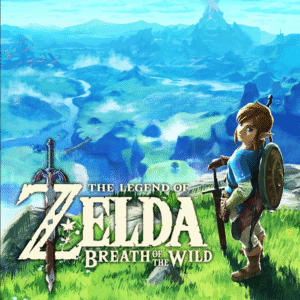

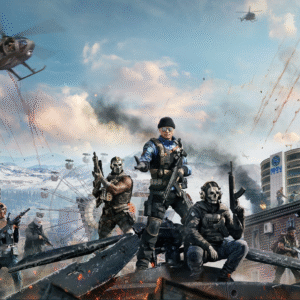




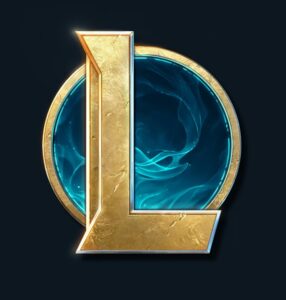
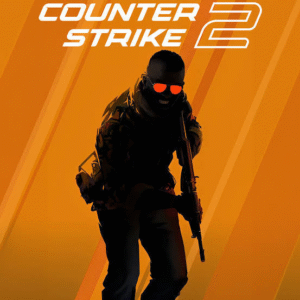

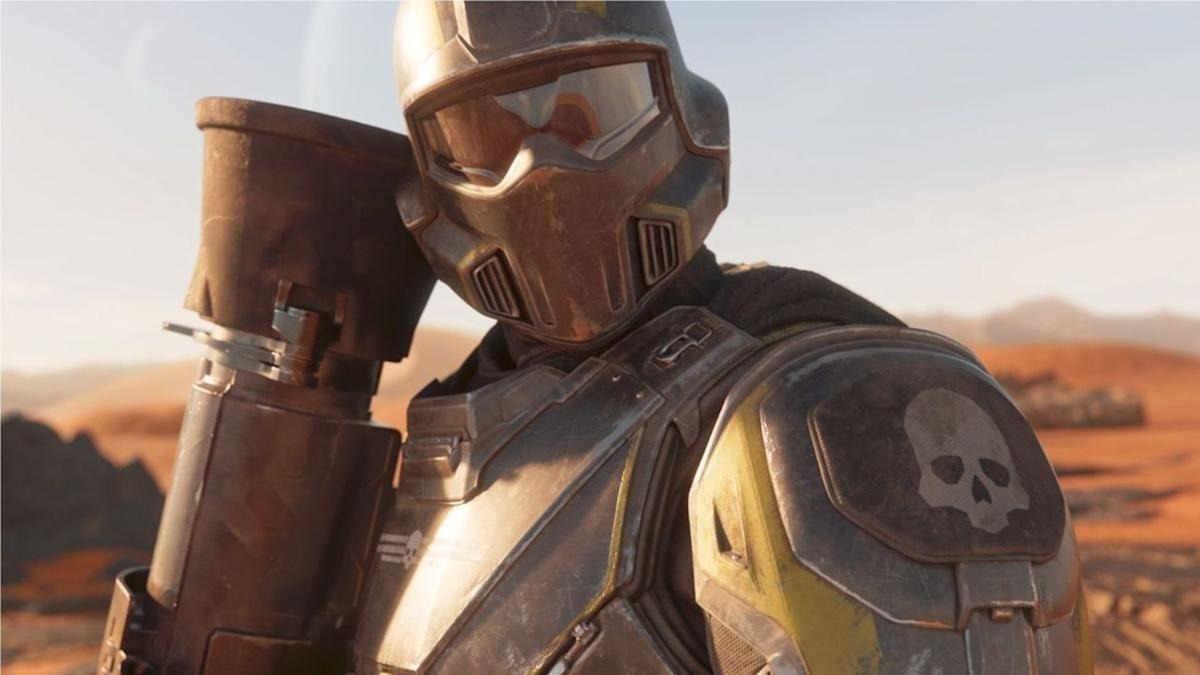 The Ghosts of Magicka’s Past
The Ghosts of Magicka’s Past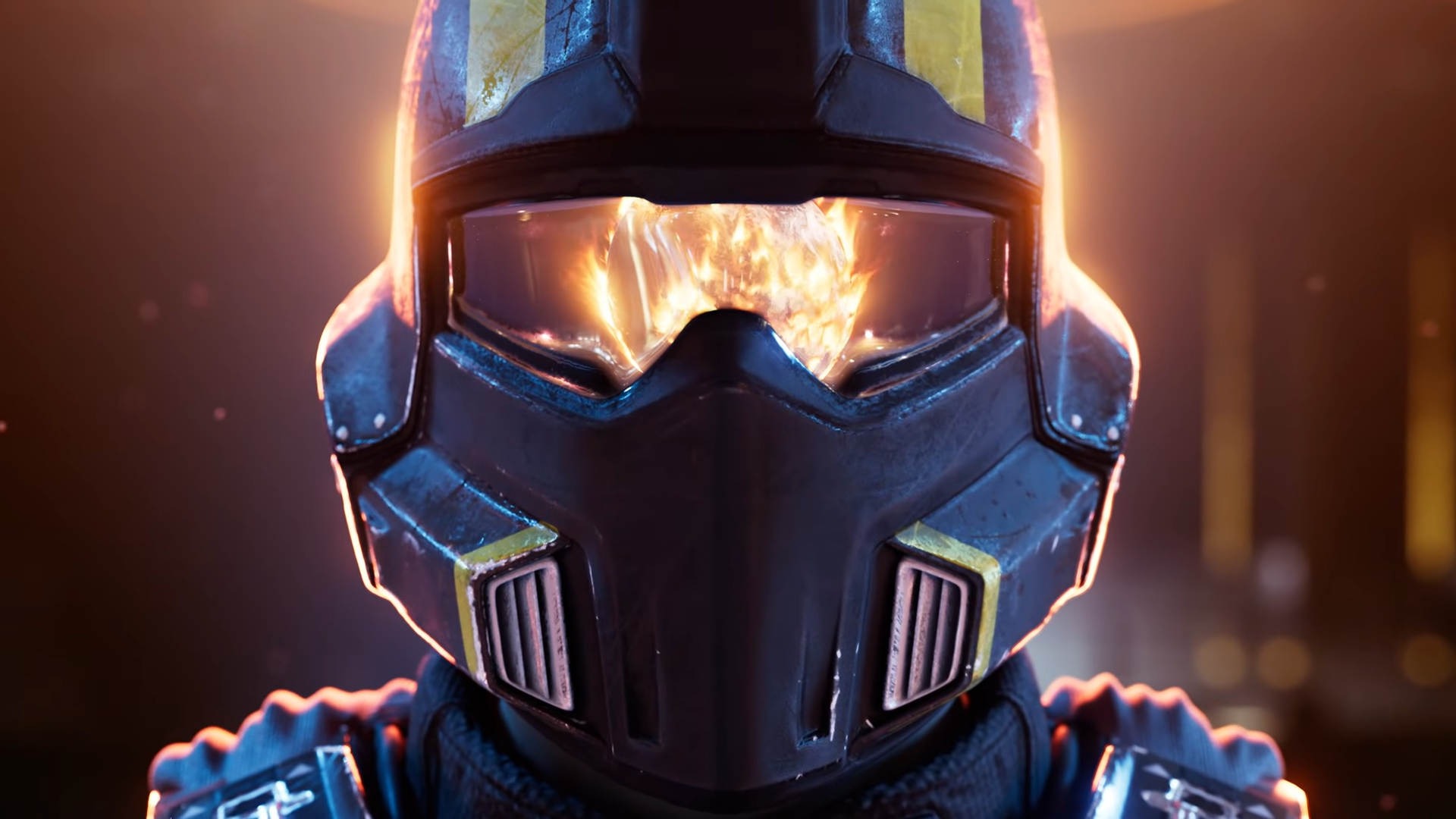 The Future of Arrowhead: Beyond Helldivers and the Unknown
The Future of Arrowhead: Beyond Helldivers and the Unknown